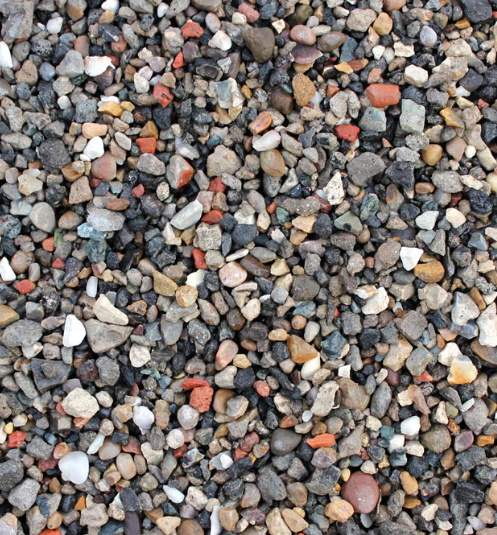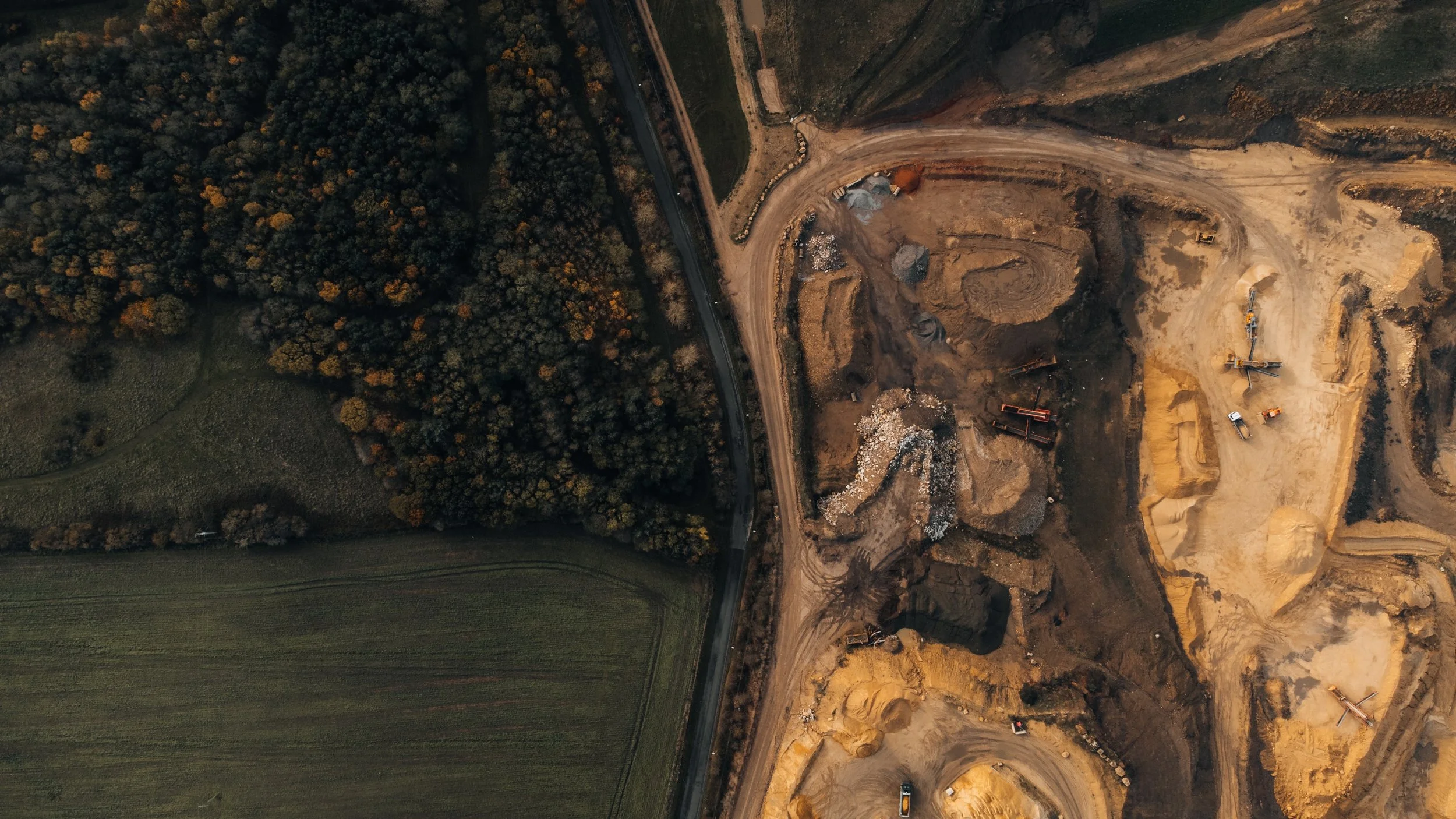We are dedicated to providing you with comprehensive information on aggregate products, aggregate testing and aggregate specifications. Aggregate is an essential component in construction projects, such as roads, buildings, and bridges. It is a collection of materials that are made up of a combination of gravel, crushed stone, and sand, and can also include other materials such as slag or recycled concrete.
Our website is designed to provide you with all the information you need to know about aggregate and its uses in construction. We cover a wide range of topics, from the properties of different types of aggregate to the testing methods used to evaluate their quality.
One of the main areas we focus on is aggregate products. We provide detailed information on the different types of products that can be made from aggregate, such as asphalt, concrete, and drainage systems. We also discuss the impact that the quality of the aggregate used in these products has on their overall performance and durability.
Another key area we cover is aggregate testing. We explain the process of testing aggregate materials to ensure they meet certain specifications and standards. This can include testing for things like gradation, abrasion resistance, and soundness. We also provide information on the different types of tests that can be performed and the equipment used to carry them out.
In addition, we provide information on aggregate specifications and industry standards. This includes information on the different specifications that aggregate materials must meet, as well as the standards and regulations that govern their use in construction projects.
Our website is always updated with the latest information and industry standards, so you can be sure you are getting accurate and up-to-date information. We welcome any feedback or suggestions you may have to help us improve our website and make it even more useful to our visitors.
What is aggregate used for?
Aggregate is a term that refers to a wide variety of materials that are used in construction, including sand, gravel, crushed stone, and recycled concrete. These materials are used in a variety of applications, including the construction of roads, buildings, and infrastructure projects. Aggregate is typically classified according to size, with sizes ranging from fine (such as sand) to coarse (such as gravel). Aggregate is an essential component of concrete, and is used to provide strength and durability to the finished product. Aggregate is also used in the production of asphalt, which is used to pave roads and other surfaces.
Why can an aggregate product fail?
There are several reasons why an aggregate product can fail:
Poor quality materials: If the materials used to make the aggregate product are of poor quality, the product may be weak and prone to failure.
Incorrect proportions: If the proportions of the different materials in the aggregate product are not correct, the product may be weak and prone to failure.
Improper handling: If the aggregate product is not handled or stored properly, it may become contaminated or damaged, which can affect its strength and durability.
Excessive loading: If the aggregate product is subjected to loads that exceed its capacity, it can fail.
Freeze-thaw damage: If the aggregate product is subjected to repeated freezing and thawing, it can crack and fail.
Chemical attack: If the aggregate product is exposed to certain chemicals, it can corrode and fail.
If an aggregate product fails, it can result in structural damage and may pose a safety hazard. It is important to use high-quality materials and follow proper handling and storage procedures in order to minimize the risk of product failure.
Introduction to Aggregate testing
Aggregate testing is the process of evaluating the quality and performance of aggregate. Aggregate testing is typically performed to determine the properties of the aggregate, such as its size, shape, density, strength, and durability. Some common types of aggregate tests include sieve analysis tests, specific gravity tests, and Los Angeles Abrasion Value (LAAV). Aggregate testing is typically carried out by materials engineers or geologists, and is an important part of the construction process to ensure that the aggregate meets the required specifications and performance standards.
Example of an aggregate stockpile at a quarry








